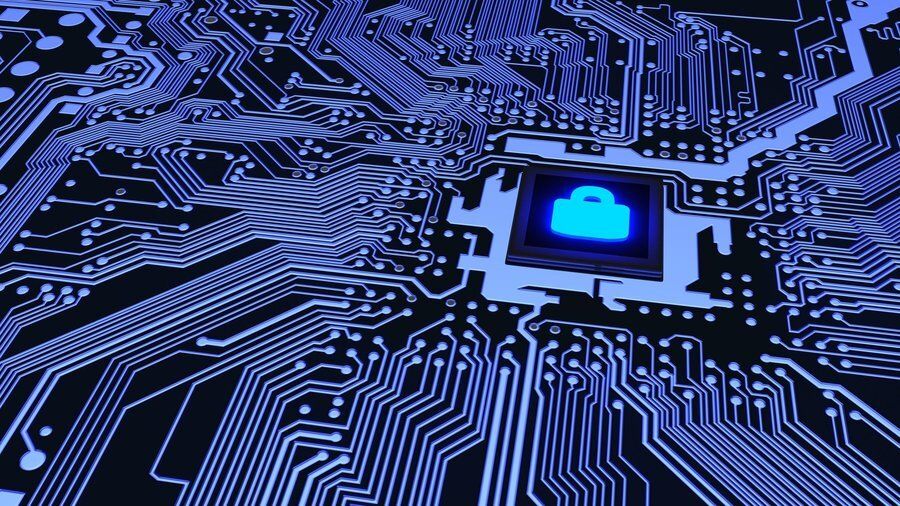This assumes information transfer between humans is frictionless, which it is not. At least not currently. We could easily address this, but no one is listening:-) QED.
Italians are some of the fastest speakers on the planet, chattering at up to nine syllables per second. Many Germans, on the other hand, are slow enunciators, delivering five to six syllables in the same amount of time. Yet in any given minute, Italians and Germans convey roughly the same amount of information, according to a new study. Indeed, no matter how fast or slowly languages are spoken, they tend to transmit information at about the same rate: 39 bits per second, about twice the speed of Morse code.
“This is pretty solid stuff,” says Bart de Boer, an evolutionary linguist who studies speech production at the Free University of Brussels, but was not involved in the work. Language lovers have long suspected that information-heavy languages—those that pack more information about tense, gender, and speaker into smaller units, for example—move slowly to make up for their density of information, he says, whereas information-light languages such as Italian can gallop along at a much faster pace. But until now, no one had the data to prove it.
Scientists started with written texts from 17 languages, including English, Italian, Japanese, and Vietnamese. They calculated the information density of each language in bits—the same unit that describes how quickly your cellphone, laptop, or computer modem transmits information. They found that Japanese, which has only 643 syllables, had an information density of about 5 bits per syllable, whereas English, with its 6949 syllables, had a density of just over 7 bits per syllable. Vietnamese, with its complex system of six tones (each of which can further differentiate a syllable), topped the charts at 8 bits per syllable.





